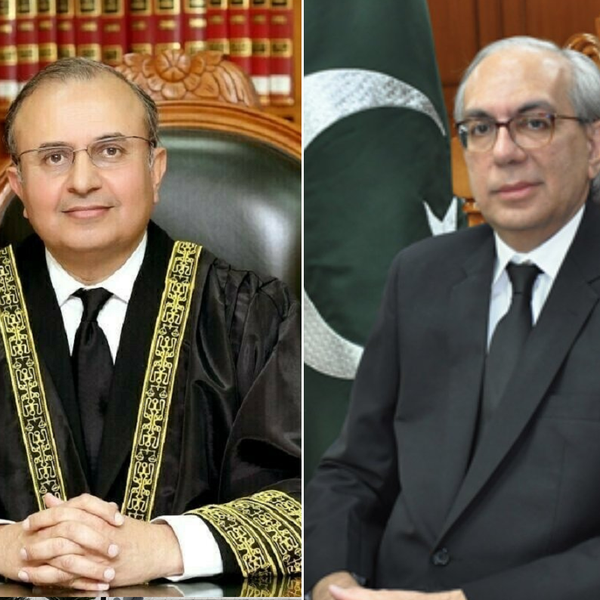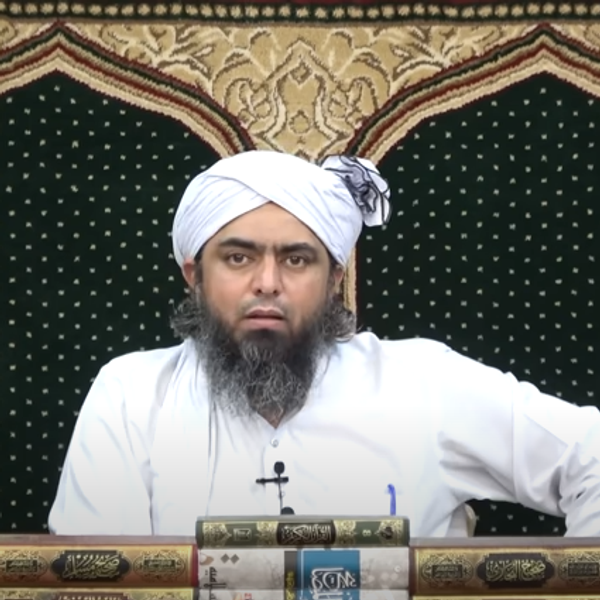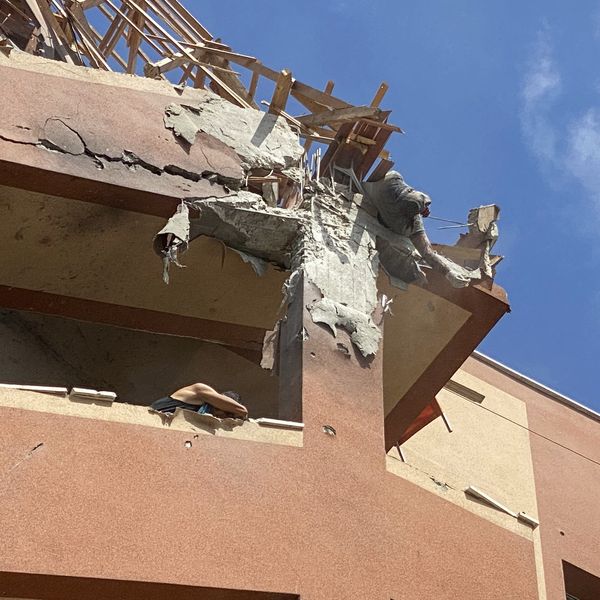Pakistani lawyers drop petition, back new Islamabad court judges
Government tells top court that judge transfers were legal and aimed at fair provincial representation

Aamir Abbasi
Editor, Islamabad
Aamir; a journalist with 15 years of experience, working in Newspaper, TV and Digital Media. Worked in Field, covered Big Legal Constitutional and Political Events in Pakistan since 2009 with Pakistan’s Top Media Organizations. Graduate of Quaid I Azam University Islamabad.

In a significant development in Pakistan’s ongoing judicial seniority dispute, the Islamabad Bar Association has withdrawn its petition challenging the controversial appointment of judges to the Islamabad High Court (IHC).
The withdrawal marks a major shift in the legal landscape surrounding the case, which has stirred debate over the reshuffling of judges and its impact on the seniority structure within the judiciary.
The bar had initially opposed the transfer of three judges from other provincial high courts to the IHC. The move was met with resistance from several sitting IHC judges, who argued the transfers disrupted the constitutionally established seniority order.
But the bar association now says it supports the new IHC chief justice and judges. The decision to retract the petition followed extensive internal deliberations and was formalized in an authority letter signed by IHC Bar President Wajid Gilani and Secretary Manzoor Jajja.
Though the petition has been withdrawn, the case remains active in the Supreme Court, which is hearing related petitions from sitting judges who continue to challenge the legality of the transfers.
Government’s response
Meanwhile, the federal government has submitted its response to the Supreme Court, defending the judicial transfers and urging the dismissal of all petitions brought by the so-called “old judges.”
The government maintained that the appointments were made in full accordance with the Constitution, specifically citing Article 200, which governs the transfer of high court judges.
Officials emphasized that the transfers were intended to ensure balanced provincial representation within the IHC and did not undermine the independence of the judiciary.
The government also clarified that judges transferred from other high courts are not required to retake the oath of office. It rejected claims that the transfers were temporary, asserting that the Constitution does not specify a fixed term for such appointments, which implies their permanence.
What’s the dispute?
The controversy stems from the February transfer of Justices Sardar Mohammad Sarfraz Dogar, Khadim Hussain Soomro, and Muhammad Asif from the Lahore, Sindh, and Balochistan High Courts to the IHC.
The reshuffle triggered objections from within the IHC, where several senior judges argued the transfers violated constitutional principles and unfairly disrupted the existing seniority order.
On Monday, the Supreme Court held a hearing on the matter, with Justice Muhammad Ali Mazhar noting that while the president holds the authority to transfer judges, such powers must be exercised within constitutional limits.
The five-member bench—comprising Justices Naeem Akhtar Afghan, Shahid Bilal, Salahuddin Panhwar, Shakeel Ahmed, and Mazhar—opted not to suspend the transferred judges from their duties, despite requests from petitioners.
The court is expected to resume hearings on Thursday.










Comments
See what people are discussing